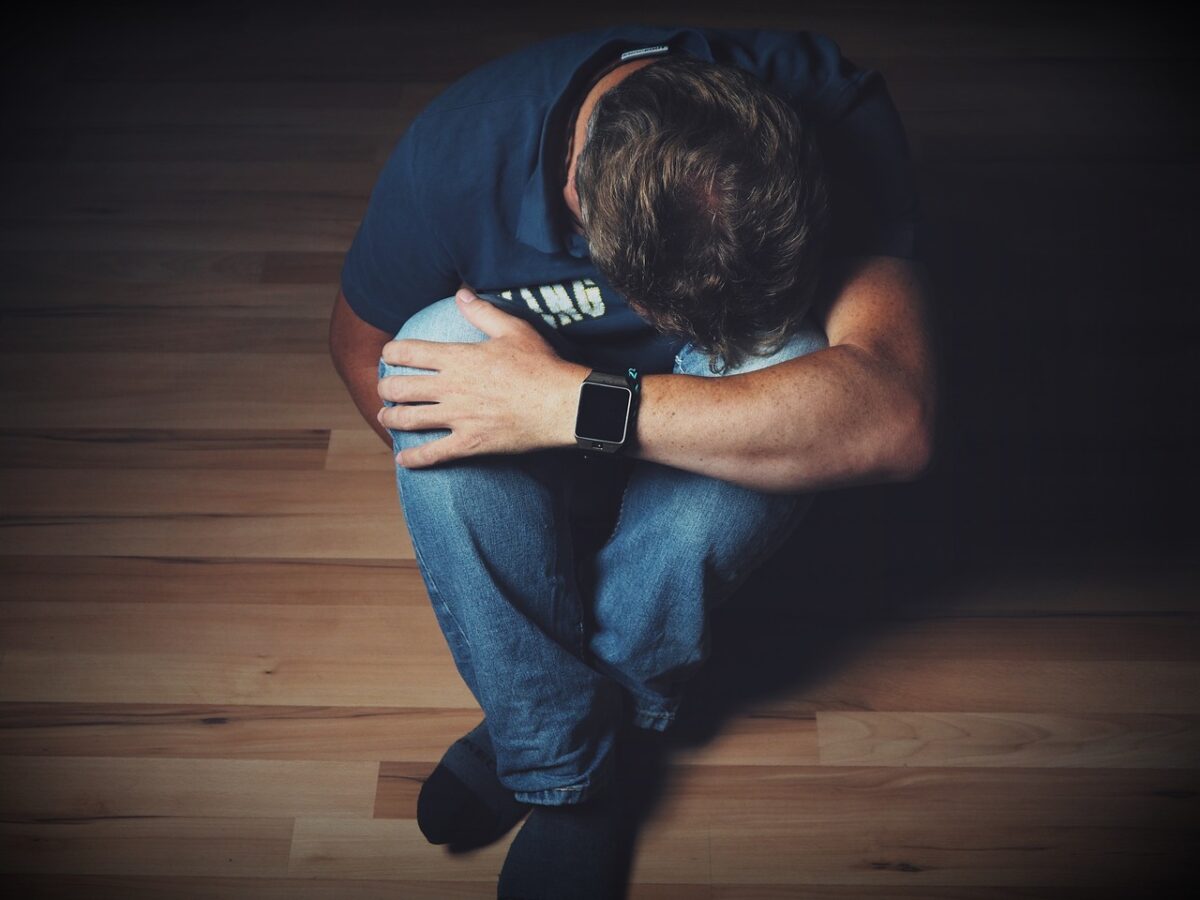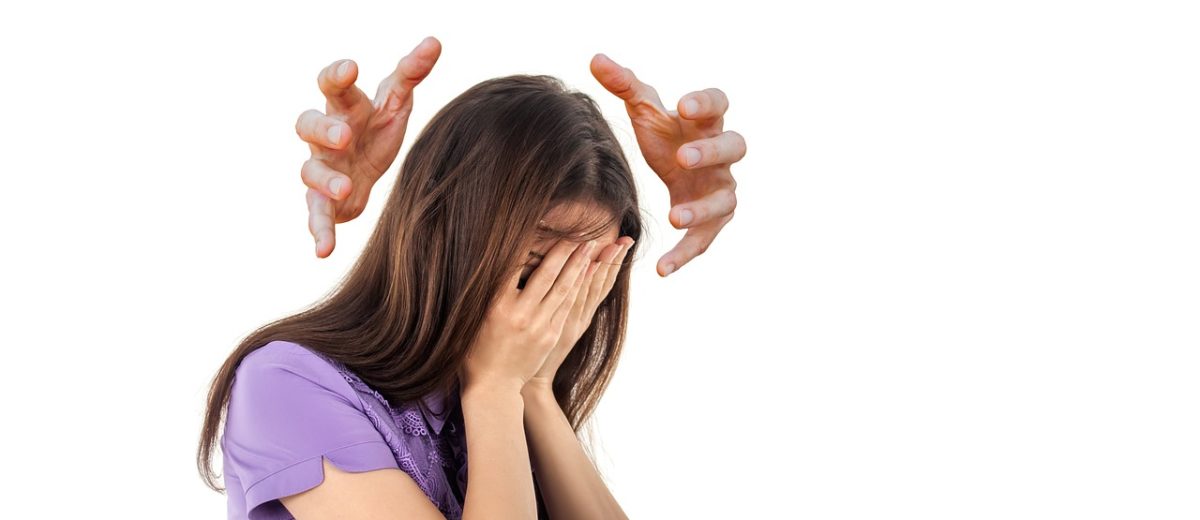Happily, acupuncture for migraines is one of the areas that has been best studied by researchers, and a good scientific evidence base has built up.
If you’re suffering with migraines, you’re definitely not
alone, the Migraine
Trust tells us that it’s the third most common disease in the world. Migraines affect one in seven people (Steiner, Stovner, & Birbeck, 2013), so finding something that
can help, can make a huge difference.
What does the
research say?
Acupuncture can help to prevent migraines, making them less
frequent, and it does this at least as well as medication does. The advantages of acupuncture for migraines
include that it is a safe treatment, can have long-lasting results, and is cost
effective.
Here’s how the Australian Acupuncture
Evidence Project sums up the research supporting acupuncture for migraines:
“Since March 2013 a narrative review of high quality randomised controlled trials and two systematic reviews including a Cochrane systematic review update, have confirmed that acupuncture is superior to sham acupuncture and seems to be at least as effective as conventional preventative medication in reducing migraine frequency (Da Silva, 2015), (Linde et al., 2016) & (Yang, Que, Ye, & Zheng, 2016). Moreover, acupuncture is described as safe, long-lasting and cost effective (Da Silva, 2015). Subgroup analysis in the Cochrane systematic review found that 16 or more treatment sessions showed a larger effect size (Z=4.06) than 12 treatments or fewer (Z=2.32). Evidence levels in these three reviews was moderate to high quality.”
And more recently, in 2024, a further systematic review and meta analysis study (a study of all the available studies) concluded that:
“In terms of efficacy, acupuncture, electroacupuncture, blood-letting and cupping, and special acupuncture method have shown better performance compared to drug therapy in reducing migraine VAS scores [Visual Analog Scale], decreasing migraine frequency, duration, and number of migraine days. Furthermore, combining acupuncture with drug therapy has demonstrated superior efficacy compared to using medication alone for the treatment of migraine.”
“In the context of professional practise, it is important to carefully choose suitable treatment options based on the individual circumstances of the patient.”
*And here I am again, updating this article again for a new study!* 2024 has brought us a further systematic review and meta analysis. These researchers were looking at whether acupuncture helps with the mental health impacts of migraines, and these were their conclusions:
“The present results suggest that, compared with Western medicine and sham acupuncture, acupuncture seems to be able to effectively improve anxiety and depression in migraine patients. And it may be more effective in improving SF36-mental health [Short Form 36 Mental Health], VAS [Visual Analog Scale]and MSQ [Migraine-Specific Quality of Life Questionnaire] than [sham] acupuncture or Western medicine. The results of this study need to be verified by higher quality RCTs [randomized controlled trials].”
How well accepted is
this evidence?
The evidence is strong enough that in the UK, NICE recommends
acupuncture for migraine prevention.
(NICE, the National Institute for Clinical Excellence, is the UK’s governmental body which issues recommendations to health professionals about all medical interventions – including pharmaceuticals and surgery. Their recommendations are based on their assessment of the evidence for efficacy and cost effectiveness.)
How does acupuncture
for migraines work?
Chinese Medicine thinks about this in terms of rebalancing
your Qi, your vital energy.
From a Western scientific perspective, the mechanisms of
action aren’t yet clear, but there is all sorts of interesting research going
on. Mark Bovey, of the UK’s Acupuncture
Research Resource Centre, describes research results so far for the various ways
acupuncture may work to reduce migraines in this
interesting article.
What will my
treatment look like?
My approach puts you at the heart of your treatment. We’ll discuss your health holistically and in
detail, to get a really clear idea of what is happening and how best to
approach it. Your treatment plan will be
uniquely tailored to you as an individual.
The best approach for treating your migraines with
acupuncture will vary with your specific needs, but acupuncture points on the
feet are likely to be relevant, to start to ease the stress which Chinese
Medicine would often see as one of the roots of your headaches.
Try acupuncture for
your migraines
Get in touch today to book your first appointment.
References
Da Silva, A. N. (2015). Acupuncture for Migraine Prevention. Headache: The Journal of Head and Face Pain, 55(3), 470–473. https://doi.org/10.1111/head.12525
Li Z, Feng J, Yin S, Chen X, Yang Q, Gao X, Che D, Zhou L, Yan H, Zhong Y, Zhu F. Effects of acupuncture on mental health of migraine patients: a systematic review and meta-analysis. BMC Complement Med Ther. 2023 Aug 4;23(1):278. doi: 10.1186/s12906-023-04103-8. PMID: 37542321; PMCID: PMC10401757.
Liu Y, Wang Y, Mi C, Wang Z, Han Y, Qi X, Ding X. Efficacy of Acupuncture-Related Therapy for Migraine: A Systematic Review and Network Meta-Analysis. J Pain Res. 2024;17:1107-1132
https://doi.org/10.2147/JPR.S452971
Linde,
K., Allais, G., Brinkhaus, B., Fei, Y., Mehring, M., Vertosick, E. A., … White,
A. R. (2016). Acupuncture for the prevention of episodic migraine. Cochrane
Database of Systematic Reviews, (6), CD001218.
https://doi.org/10.1002/14651858.CD001218.pub3
Steiner,
T. J., Stovner, L. J., & Birbeck, G. L. (2013). Migraine: the seventh
disabler. The Journal of Headache and Pain, 14(1), 1.
https://doi.org/10.1186/1129-2377-14-1
Yang,
Y., Que, Q., Ye, X., & Zheng, G. hua. (2016). Verum versus Sham Manual
Acupuncture for Migraine: A Systematic Review of Randomised Controlled Trials. Acupuncture
in Medicine, 34(2), 76–83.
https://doi.org/10.1136/acupmed-2015-010903
Image by Gerd
Altmann from Pixabay




